Genome editing – a game-changer in salmon farming: Conditions for social and moral acceptance (CRISPRsalmon)
CRISPR Salmon
Genome editing – a game-changer in salmon farming: Conditions for social and moral acceptance

Salmon farming is the cornerstone of the Norwegian bioeconomy, but negative environmental impact and fish welfare are important challenges that have to be solved. New biotechnologies such as CRISPR hold a potential great promise for the industry to become more sustainable and increase fish welfare, but is it socially and morally acceptable to use this technology on farmed salmon?
We are an interdisciplinary research team consisting of philosophers and biotechnicians who attempt to answer this question through an empirical ethics-approach. This means that we combine qualitative research with normative analysis. We interview stakeholders and consumers about their relationship to salmon and what they think about the acceptability of using CRISPR in the salmon farming industry, and use this to inform a normative reflection on its moral acceptability.
We ask three questions:
- What are our relationship with salmon, and how does our perception of salmon bear on what kind of treatment is considered acceptable?
- Is it socially and morally acceptable to use CRISPR on farmed salmon, and if so, which conditions need to be in place?
- Can CRISPR make the salmon farming more sustainable?
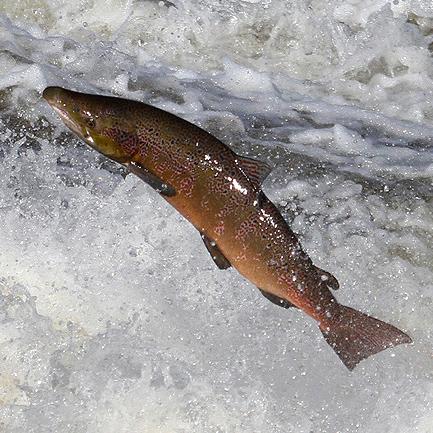
What kind of relationship do we have with salmon?
Fish make for a difficult case as far as our moral relations with animals go. They lack facial and audible expressions, they are cold and climy, and have scales instead of skin or fur. This, in addition to the fact that they live hidden lives under the surface, accounts for at least some of the relational distance between us and them.
This distance between us and the fish is reflected in the way we think about and treat them. Fish have long been taken to belong to an altogether different category than other animals, and their ability to feel pain has been heavily disputed. In Norwegian salmon farming, the fish is referred to as biomass and their deaths are counted in tonns rather than in their number as individuals.
However, the idea that fish are animals we are unable to have relationships to is challenged by the fact that salmon plays a significant cultural role in Norway, giving it a unique status, which is evident from the Norse and Sami mythologies, folk tales and its status as luxury food. People who have a close relationship with salmon, either as part of their job, their hobby or their culture acknowledge the unique status of the salmon. What are the implications of this for how we ought to treat them?
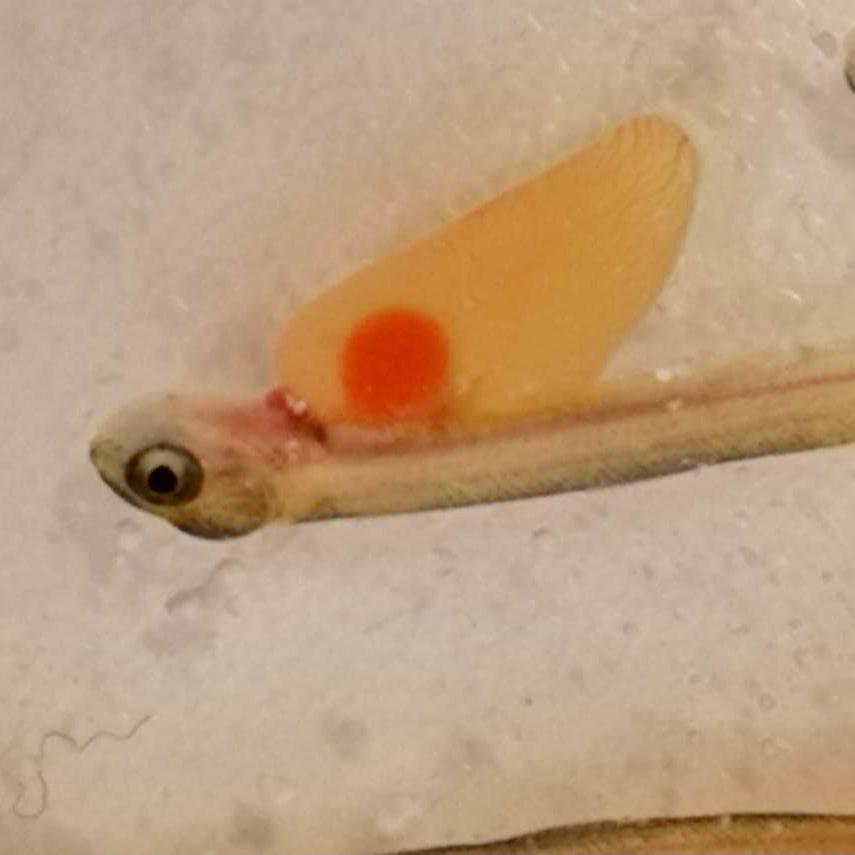
Is it acceptable to use CRISPR on farmed salmon?
On a common approach to the question of how we ought to treat animals, the decisive factor is derived from their abilities and interests. This is the kind of approach that is defended by Peter Singer and Tom Regan, for example. Their view is that there are morally salient capacities shared by humans and other creatures that are decisive for our obligations to them.
Here, we take a different approach that takes its lead from Cora Diamond and other Wittgensteinian treatments of animal ethics. Diamond suggests a different way of thinking about animals. The point is that we are never confronted with beings with empirically discoverable similarities and dissimilaritites to us, based on which we apply some general principle on how we must act. Rather, animals are our fellow creatures. This is an approach that places emphasis on the relationships we have with animals and the role they play in our life.
Insofar as animals are our fellow creatures, this may seem like something the fish is excluded from due to its alien nature. But through interviews and focus groups with hobby fishers, people working in the salmon industry, and consumers, we have found that conceptualizing fish as fellow creatures both is sound and something that should have bearings on what kind of treatment of them should be considered acceptable.
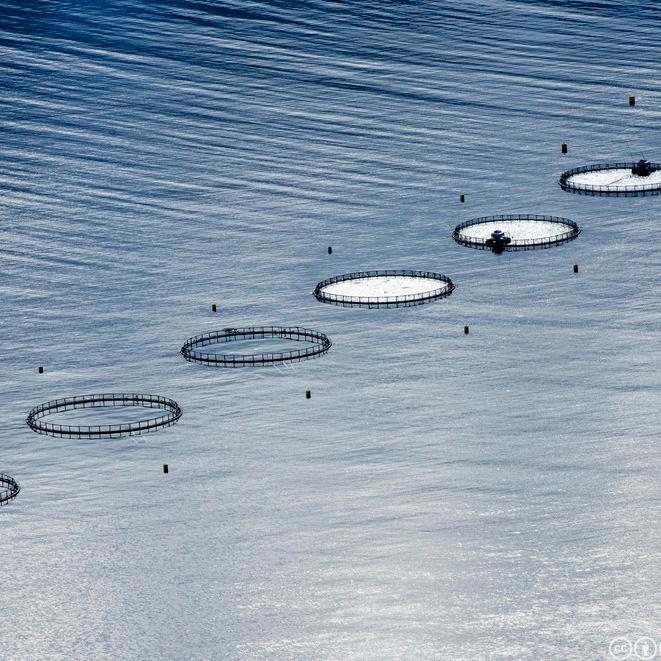
Can salmon farming become more sustainable?
Studying this question is based on the Norwegian Gene Technology Act which, in addition to risk for human health and environmental safety, require that the production and use of genome modified (hereunder also genome edited) organisms is ethically responsible, has societal utility and contributes to sustainable development. In the approval process of a new genome edited organism, sustainability is included in the risk assessment approach related to environment. In addition, the official evaluation framework for contribution to sustainable development currently includes global impacts in terms of biological diversity, planetary boundaries, the impact on human needs and the distribution between generations, societal groups and countries, and impact on economical growth.
We are working to develop this framework for genome edited fish. Such an adaption leads to sustainability also including animal welfare, as sustainable activity must be morally defendable, and poor welfare is not. We are therefore exploring questions of how sustainability is to be interpreted, both in relation to aquaculture generally and genome edited organisms in aquaculture specifically and how animal welfare can and shall be implemented. In addition to the international conception of sustainability we include the Sami perspective on sustainable living and nature resource management, which is articulated in the expression birgejupmi.
Read blogpost about the CRISPRsalmon research

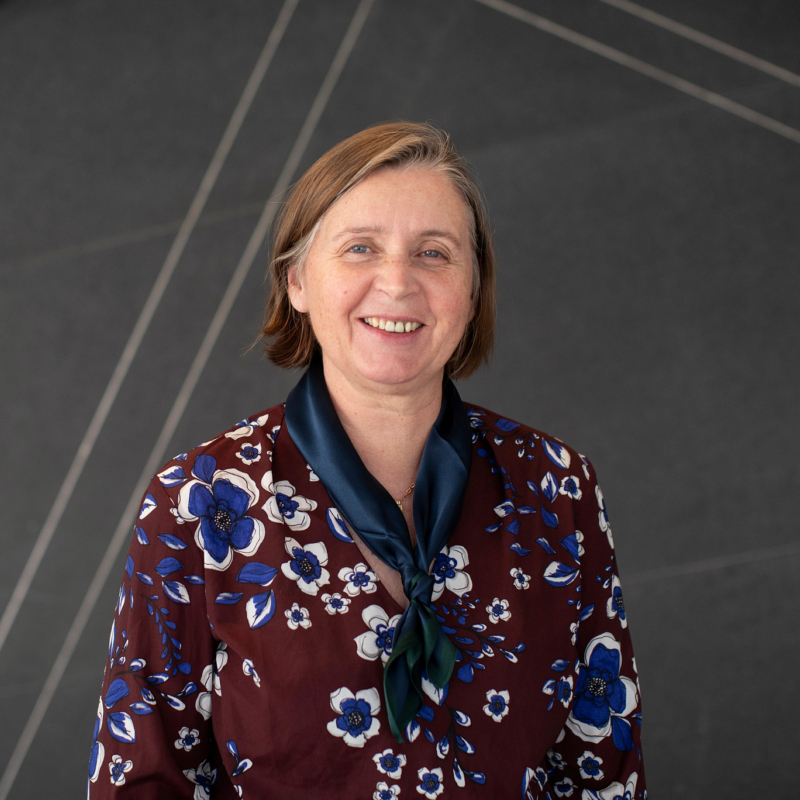 Anne Ingeborg Myhr
Anne Ingeborg Myhr
SVP Biotechnology and Circular Economy
Climate and Environment - NORCE
anmy@norceresearch.no
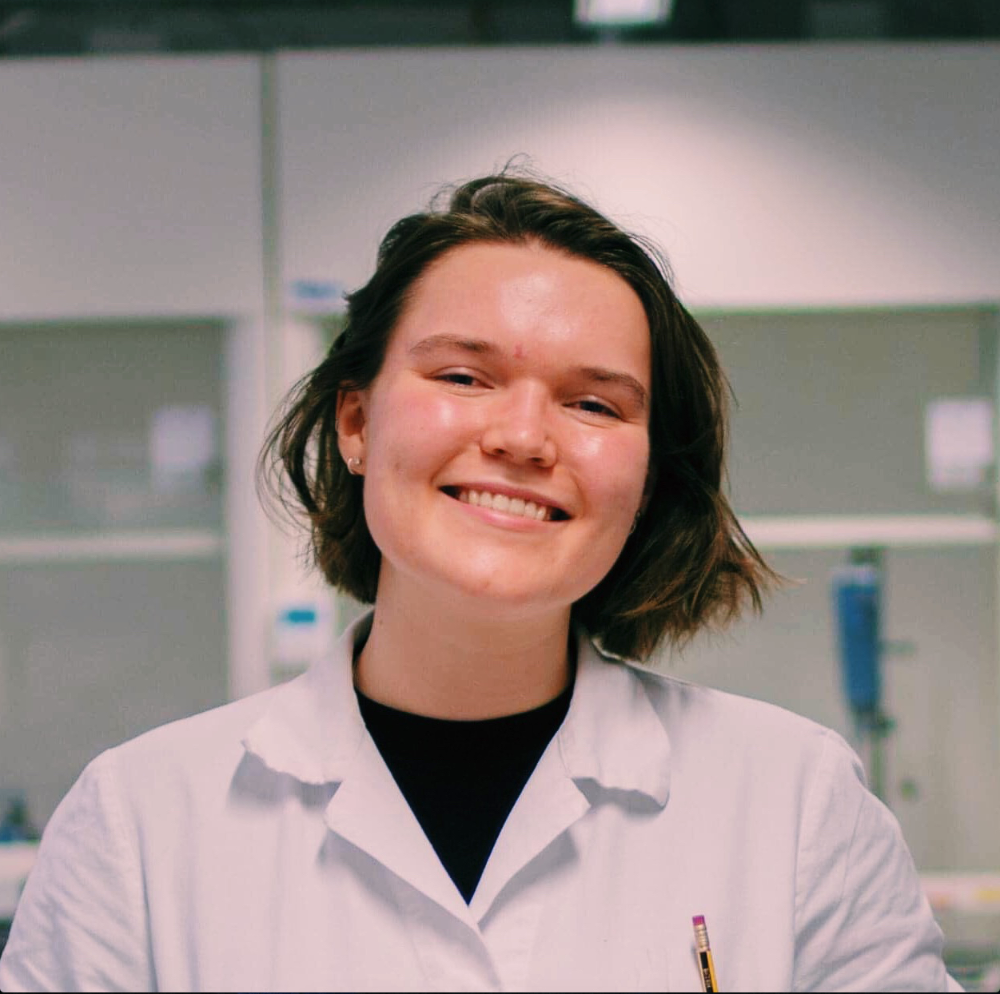
Torill Bakkelund Blix
Research Fellow
Climate and Environment - NORCE
tobl@norceresearch.no
Partners
- Anna Wargelius, Institute of Marine Research
- Lotte Holm, Copenhagen University
- Siri Granum Carson, NTNU
- Lars Ursin, NTNU
- Bioteknologirådet
- Petter Arnesen, Federation of Norwegian Industries
- Merete Kristiansen, Akvaplan-niva
- Herwig Grimm, University of Veterinary Medicine, Vienna
- Bernice Bovenkerk, Wageningen University
- Mickey Gjerris, Copenhagen University
Publications
-
"A sustainability assessment framework for genome-edited salmon", in Aquaculture by Torill Blix and Anne Ingeborg Myhr.
-
"Reflective Empiricism and Empirical Animal Ethics"(2022) by Hannah Winther.
-
"Transforming food systems through genome editing – animal ethics and citizen engagement", Transforming food systems: ethics, innovation and responsibility (Wageningen Publishers, 2022) by Anne I. Myhr, Siri G. Carson and Bjørn K. Myskja.
-
"From iconic species to swimming vegetable: CRISPR as the new frontier in the domestication of salmon", Transforming food systems: ethics, innovation and responsibility (Wageningen Publishers, 2022) by Hannah Winther.
-
"Ethics through technology – individuation of farmed salmon by facial recognition", Transforming food systems: ethics, innovation and responsibility (Wageningen Publishers, 2022) by Matilde F. Trøite and Bjørn K. Myskja.
-
"Relating morally to farmed salmon - fellow creature and biomass", Justice and food security in a changing climate (Wageningen Publishers, 2021) by Hannah Winther and Bjørn Myskja.
-
"Genome edited salmon: Fish welfare as part of sustainability criteria", Justice and food security in a changing climate (Wageningen Publishers, 2021) by Torill Blix and Anne Ingeborg Myhr.
-
"Genome editing on finfish: Current status and implications for sustainability", Reviews in Aquaculture, by Torill Blix, A. Dalmo, Anna Wargelius, Anne Ingeborg Myhr.
-
"CRISPR - a shift in Norwegian salmon farming?"
("CRISPR - et skifte i norsk lakseoppdrett?")
Op-ed in Norsk Fiskeoppdrett Volum 6(7), 2020 by Torill Blix and Hannah Winther. -
"Hva mener nordmenn egentlig om genmodifisert mat?"
("What do Norwegians really think about genetically modified food?"
Op-ed in Aftenposten, 19 May 2020, by Torill Blix, Trine Antonsen, Tim Dassler, Sigfrid Kjeldaas (in Norwegian). -
"Non-safety Assessments of Genome-Edited Organisms: Should They be Included in Regulation?"
Science and Engineering Ethics (2020), by Bjørn Kåre Myskja and Anne Ingeborg Myhr. -
"Hva mener tromsøværinger om GMO?"
"What do Tromsø people think of GMO? Op-ed at Nordnorskdebatt.no, 8 November 2019, by Torill Pauline Blix Bakkelund (in Norwegian). -
"Moral limits to genome editing of farmed salmon"
In Sustainable governance and management of food systems (Wageningen Academic Publishers, 2019): 261-266, by Bjørn Myskja and Anne Ingeborg Myhr.
